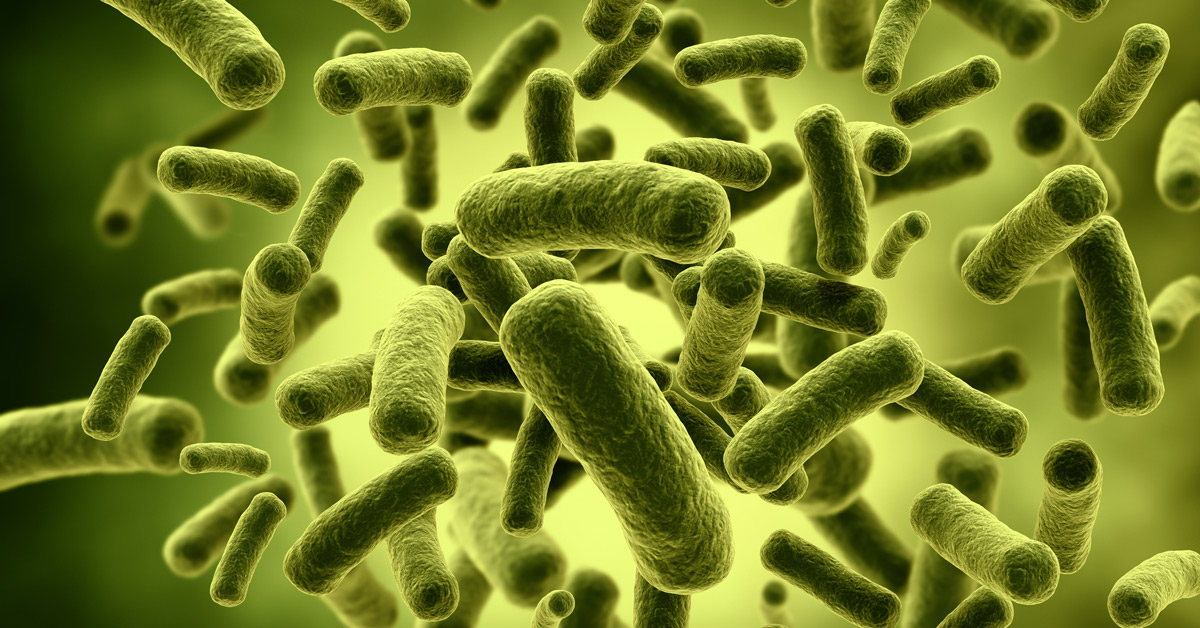
New report raises concerns as regenerative agriculture gains ground for climate mitigation
As biotech and agrichemical companies push to commercialise genetically engineered (GE) soil microbes for agriculture, a new report from Friends of the Earth reveals potential risks and recommends policy action. Corporations including Bayer, BASF and Pivot Bio have developed commercially available products. At least two GE microbes are currently being used across millions of acres of US farmland.
The first-of-its-kind report provides context for this novel technology, poised to be applied to bacteria and other microbes that make up the earth’s living soils. The report offers insight into future trends, a summary of potential health, environmental, and socioeconomic risks, and policy recommendations that would ensure robust assessment and oversight as GE microbes increasingly move from experimental laboratories to the soil that is the backbone of America’s agriculture.
“Genetically engineered soil microbes are fundamentally different from GE crops,” said Dana Perls, food and technology program manager at Friends of the Earth. “Microbes can share genetic material with each other far more readily than crops and can travel great distances on the wind, so the genetic modifications released inside GE microbes may move across species and geographic boundaries in unpredictable ways. The scale of release is also far larger, and the odds of containment far smaller, than for GE crops. An application of GE bacteria could release approximately 3 trillion genetically modified organisms every half an acre — that’s about how many GE corn plants there are in the entire US.”
A handful of healthy soil contains more microbes than there are people on the planet. Soil ecosystems are marked by incredible complexity. Of the billions of species of microbes that make up the living soil, we scientifically understand the role and function of far less than one percent. These tiny creatures, such as bacteria and fungi, play a massive role in agriculture, regulating global carbon and nitrogen cycles, building soil structure, providing crops with immunity to pests and diseases, and unlocking nutrients in the soil so crops can thrive. The stakes are high — scientists are increasingly aware that healthy soil is central to regenerative agriculture and farmers’ ability to feed the world in a changing climate. Soil is the basis of farmers’ resilience to droughts and floods, and it could help slow climate chaos by serving as a carbon sink.
“Soil is the basis of human civilisation — we depend on soil for 95 percent of the food we eat,” said Kendra Klein, PhD, deputy director of science for Friends of the Earth. “And yet, biotech companies are rushing to commercialise GE soil microbes with little scientific understanding of the potential consequences. The latest science shows that engineering organisms can result in unintended genetic mishaps. And there are rare but potentially disastrous risks of creating an invasive species or novel human pathogen. The release of GE microbes across millions of acres of farmland is an open-air genetic experiment that may have irreversible consequences. Once they are released, GE microbes cannot be recalled.”
Source: Friends of the Earth
https://foe.org/news/ge-soil-microbes-report/









